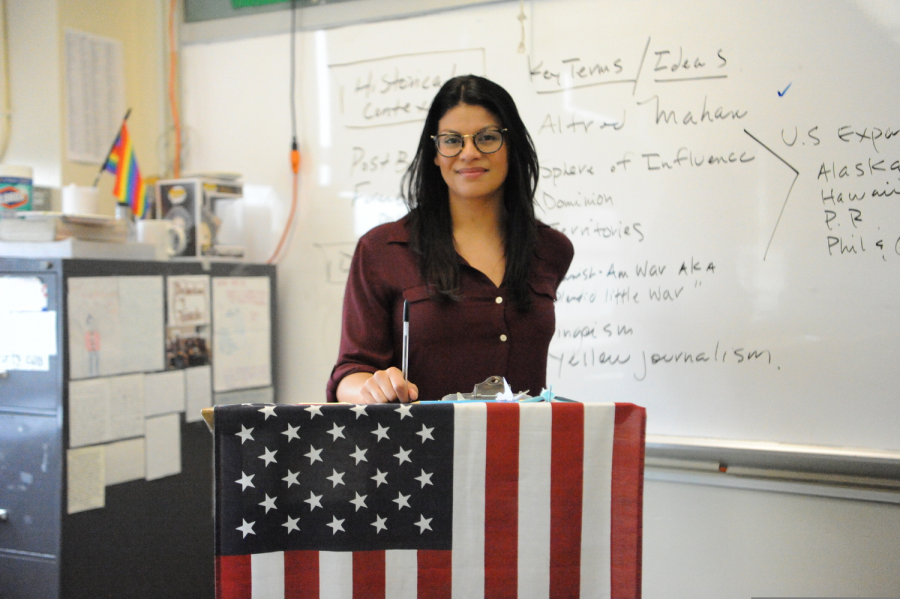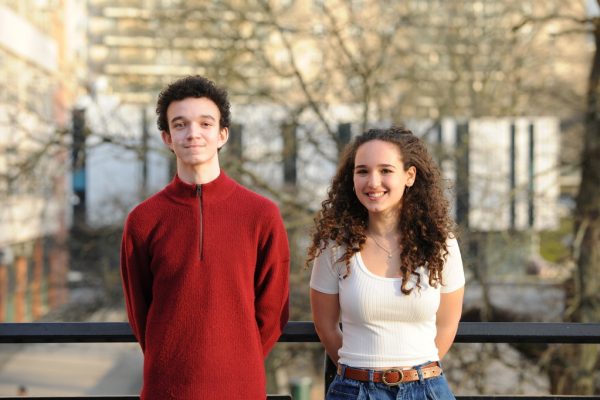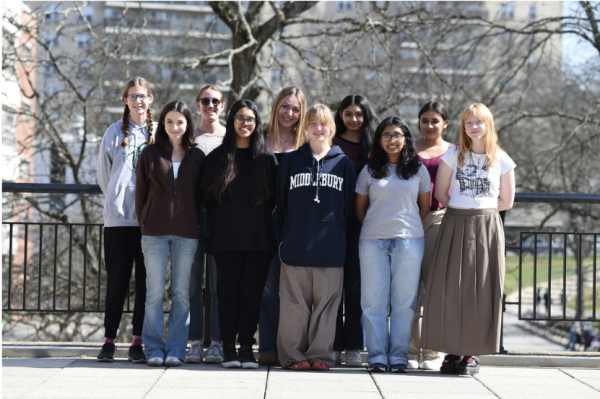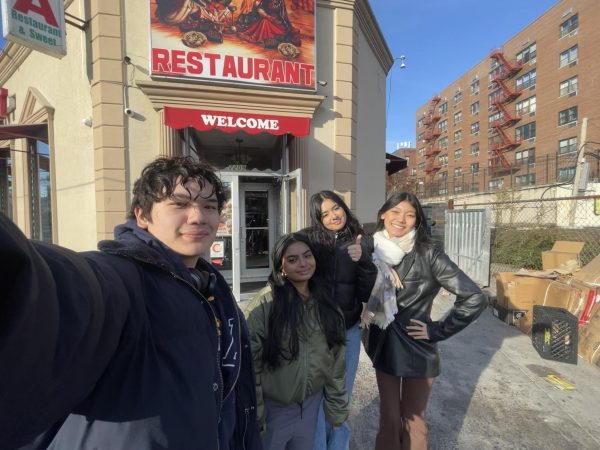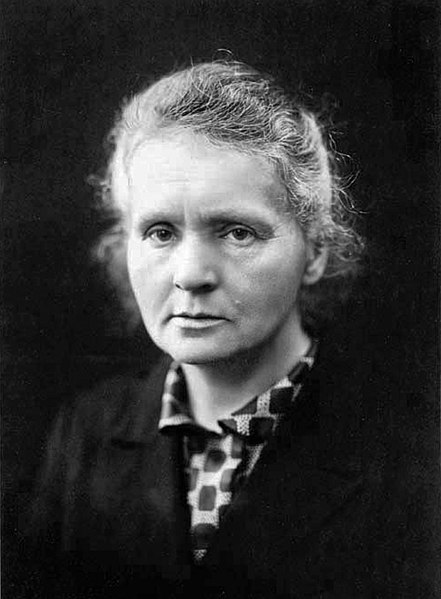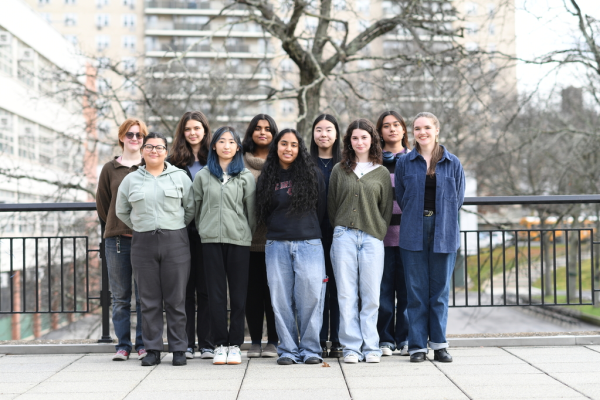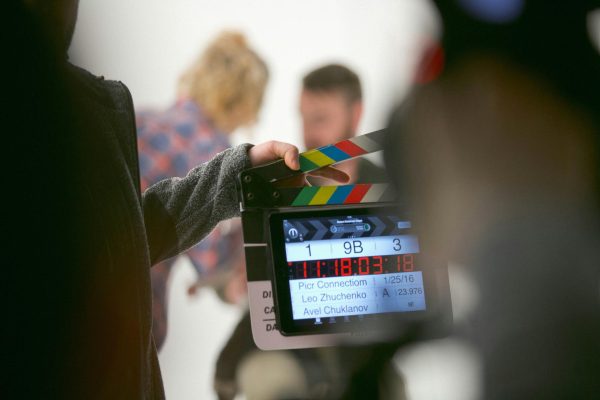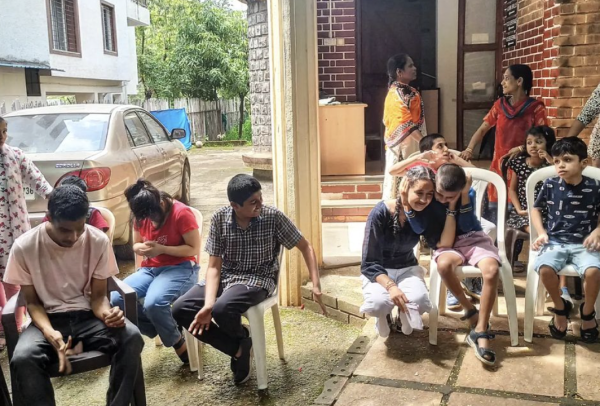Cultivating Interest With Fresh Electives
Watching students show great interest and passion in sharing prominent current events during class, Ms. Kountourakis plans to have the topic of current events drive discussion within the new Race and Gender course.
When students nationwide are asked to pick a word to describe how they feel in school, the most common answer is “bored.” The institutions at which they spend most of their waking hours, they’ll tell you, are lacking in rigor and relevance. They aren’t wrong. Most schools lack the diversity in courses that students crave.
Teachers at Bronx Science, however, are making great efforts towards redefining traditional notions of a college-preparatory education through offering a wide variety of opportunities to match the diverse interests of students. This is demonstrated by the new courses that will be offered to students beginning September 2020: Financial and Actuarial Mathematics, Electrical Engineering, Race and Gender, and Model UN Seminar/AP Human Geography.
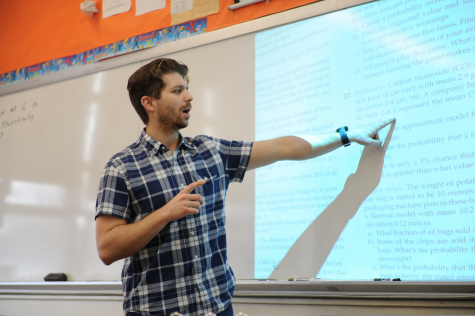
Mr. Garritano is proud to finally announce the first Post AP-Statistics class to be offered at Bronx Science: Financial and Actuarial Mathematics.
The Mathematics department has consistently encouraged students to pursue their specialized interests. AP Statistics, for example, is a popular course, attracting students who are interested in mathematics, engineering, business, or the biological or social sciences, who have demonstrated mathematical proficiency. Financial and Actuarial Mathematics will be the first post-AP Statistics course, with the curriculum centered around financial mathematics and abstract concepts. The course will allow students to readily apply these concepts and learn basic finance, a life skill that lays a foundation for students to build fiscal responsibility early on and avoid many of the mistakes that lead to lifelong financial struggles. “I saw what day-to-day goals actuaries have, what challenges they face, and how they overcome those challenges. I’ve been teaching AP Statistics for a good number of years now too, so I am well prepared to leap into teaching some more of the higher level concepts of this subject,” said Mr. Garritano. With a master’s degree in applied mathematics and statistics alongside experience in the actuarial field, Mr. Garritano is well-equipped to bring to the forefront the little known, yet amazing career choice of Actuarial Science.
“I am sure to have some growing pains, but I’m very excited,” said Mr. Garritano.
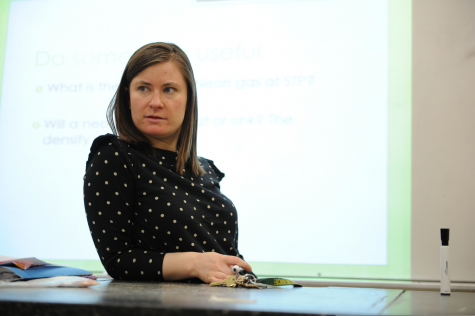
Focusing on circuits, Ms. Thomas is ready to shed light on the basis of all modern technology through teaching Electrical Engineering.
As for the Science department, Ms. Thomas will be starting Electrical Engineering, a course that will build on the fundamental engineering design principles that were introduced to all Bronx Science students in Elements of Engineering. In the fall term, students will study and design analog circuits, focus on hands-on applications of important circuit elements, and build their own telegraphs and ammeters. The spring semester will be devoted to digital electronics, during which students will build their own logic gates and binary calculators, and program responsive circuits using Arduinos. While necessary programming skills will be taught, no prerequisite knowledge is required. “Circuits is my favorite unit to teach in Regents Physics, so I’m very excited to offer a full-year course on the topic! In physics classes, the focus is on the theory behind circuits, whereas this class is going to focus on useful applications and building cool projects,” said Ms. Thomas. If you loved Elements of Engineering or the circuits unit in physics, Electrical Engineering is the course for you!
The humanities sector of Bronx Science has been devoted to encouraging students to cultivate interests beyond traditional subjects. Race and Gender is one of two new humanities courses that will follow this theme. In traditional AP and Honors courses, students scramble for grades at the expense of intellectual curiosity. Race and Gender will be a project-based course that will investigate the historical roots of persistent gender and racial hierarchies and inequalities in present-day America. Current events will play a major role and will provide the topics of weekly Socratic Seminars and presentations. The course detracts from the reputable thirst for AP credits while still demonstrating the depth and seriousness that appeals to colleges. “I started incorporating current events in my lessons about three to four years ago. During this time, I noticed that topics relating to race, ethnicity, religion, and gender were constantly at the center of our class discussions,” said Ms. Kountourakis, who will be teaching Race and Gender. The class will be a great addition because students will be researching and discussing topics with ample societal significance, topics that all Bronx Science students will inevitably face. This course will provide a place for students to learn how the power dynamics of the United States still influence our societal “norms,” as well as gain the knowledge necessary to be informed young adults and agents of positive change. “I feel truly compelled to not just keep current events going but to also propose a course that provides a place for students to gain accurate information on these issues as well as learn how they connect to our modern understanding of race, ethnicity, and gender in society today,” said Ms. Kountourakis.
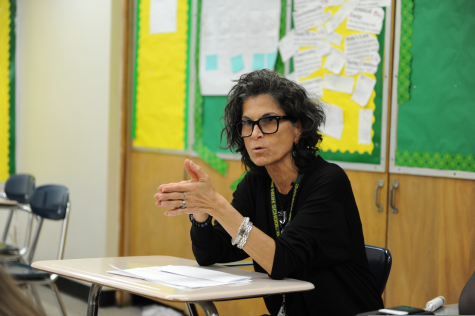
Ms. Steiker, the faculty advisor of the Bronx Science Model UN Team, takes great pride in mentoring her student delegates in preparations for collegiate conferences.
Model United Nations (MUN) is an extracurricular activity in which students role-play United Nations delegates and simulate UN committees. The Bronx Science Model United Nations Team is made up of a close-knit group of passionate, committed, and scholarly students who regularly participate in local and collegiate conferences. Bronx Science will be bringing back the AP Human Geography curriculum, but this time, it will follow the MUN simulation format. By expanding the team into a course, the school will provide an alternative way of learning while helping students develop skills that a traditional classroom cannot provide. The key element is engaging in discourse over problem-solving in key geopolitical, cultural and economic sectors around the world. Although they’re related, the course and team are separate, and you do not need to be a team member to take the class. However, the course will help juniors and seniors to fast-track onto the Model United Nations Team if they want to attend conferences. “Because the debate activity is centered around the human geography framework, it allows for a more extensive discourse on human development in our global society on a variety of academic levels (incorporating statistics, environmentalism, economics, politics and cultural studies to global problem solving). Students will also learn to become negotiators, solution-oriented individuals, and learn how to be more effective public speakers,” said Ms. Steiker, faculty advisor of the MUN Team. Students will work on public speaking exercises such as speech making and negotiating skills, while learning the content in preparation for the simulation seminar and the AP Human Geography exam.
Bronx Science proudly encompasses the spirit and commitment to letting students learn about what they love rather than what they ‘should’ be learning. With these new changes to the Bronx Science course guide, our school will become an even more enjoyable and productive place for teachers and for students. The 2020-2021 school year is packed with opportunitie,s and we hope that students take full advantage of that during course selection.
“I feel truly compelled to not just keep current events going but to also propose a course that provides a place for students to gain accurate information on these issues as well as learn how they connect to our modern understanding of race, ethnicity, and gender in society today,” said Ms. Kountourakis.
Samama Moontaha is an Editor-in-Chief for ‘The Science Survey.’ She loves writing journalistic stories about the students at Bronx Science, bringing...

